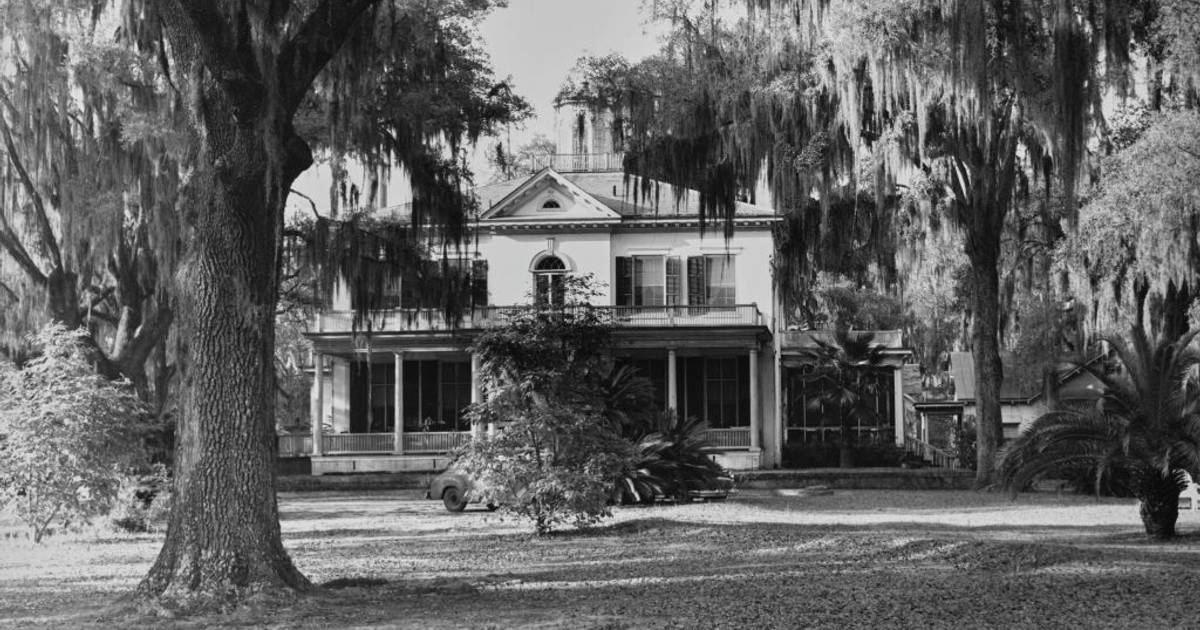A plan to sell a city-owned golf course that sits atop the burial grounds of enslaved people has sparked public outrage in Tallahassee, Fla.
As ABC News reports, the Capital City Country Club, located less than a mile from the state Capitol, was once part of a plantation. Archaeologists with the National Park Service have confirmed 23 graves and identified 14 additional possible burial sites near the seventh hole, believed to belong to enslaved men and women who lived and died on the property.
The 178-acre golf course operates on public land but has been managed privately for nearly seven decades. Since 1956, the country club has leased the property from the city for one dollar per year, a deal struck after the club reverted to private control. That move came shortly after the U.S. Supreme Court outlawed segregation in public recreational spaces, allowing the club to continue excluding Black residents.
In 2021, the Tallahassee City Commission voted to create a memorial to honor the individuals buried beneath the course. Four years later, no memorial has been built. Instead, the city is considering selling the property to the club for $1.25 million, with conditions requiring that it remain a golf course and that a commemorative site be established with public access.
The proposal has drawn widespread criticism. Residents packed City Hall this week to voice their opposition, urging leaders not to sell a site tied so directly to the region’s history of slavery. “They were sold on the auction blocks of Leon County, and now we are willing to sell them again,” said local activist Delaitre Hollinger, who has traced his ancestry to enslaved people in the area. Before the Civil War, nearly three-quarters of Leon County’s population was enslaved.
Historians say only a few burial grounds for enslaved individuals have been formally documented in the region, even though plantations once dominated the local economy. City officials have cited recent tornado damage and protracted negotiations as reasons for delays in developing the promised memorial.
For Tallahassee resident Tifany Hill, who helps maintain another historic Black cemetery, the issue is both personal and cultural. “It’s our history,” she said. “It could be my ancestor that’s in there.”
After hours of emotional testimony, the commission voted to postpone a final decision until its next session, leaving the future of the land, and how the city will honor those interred there, uncertain.

